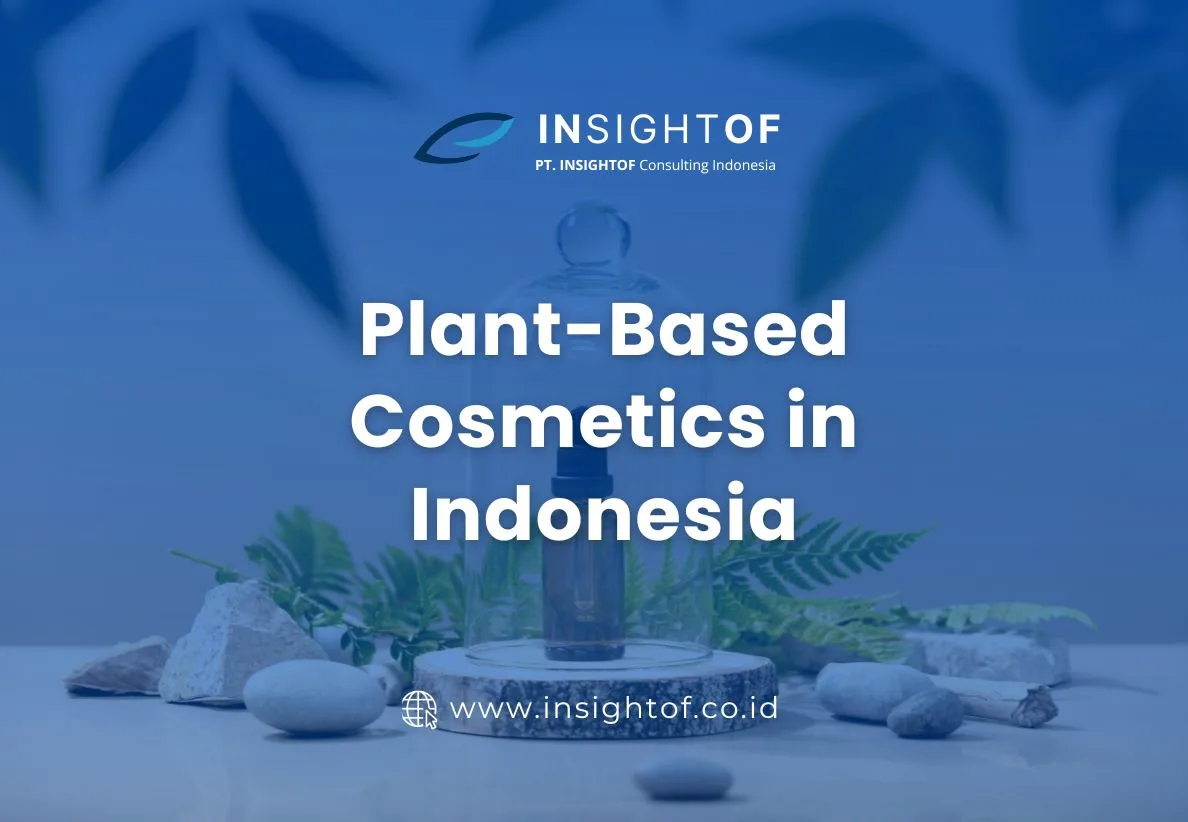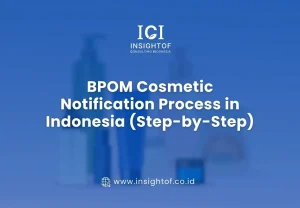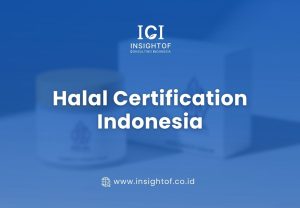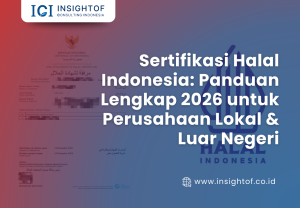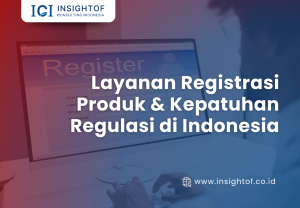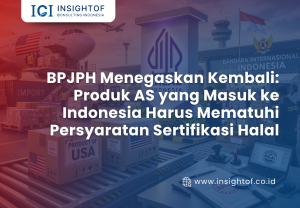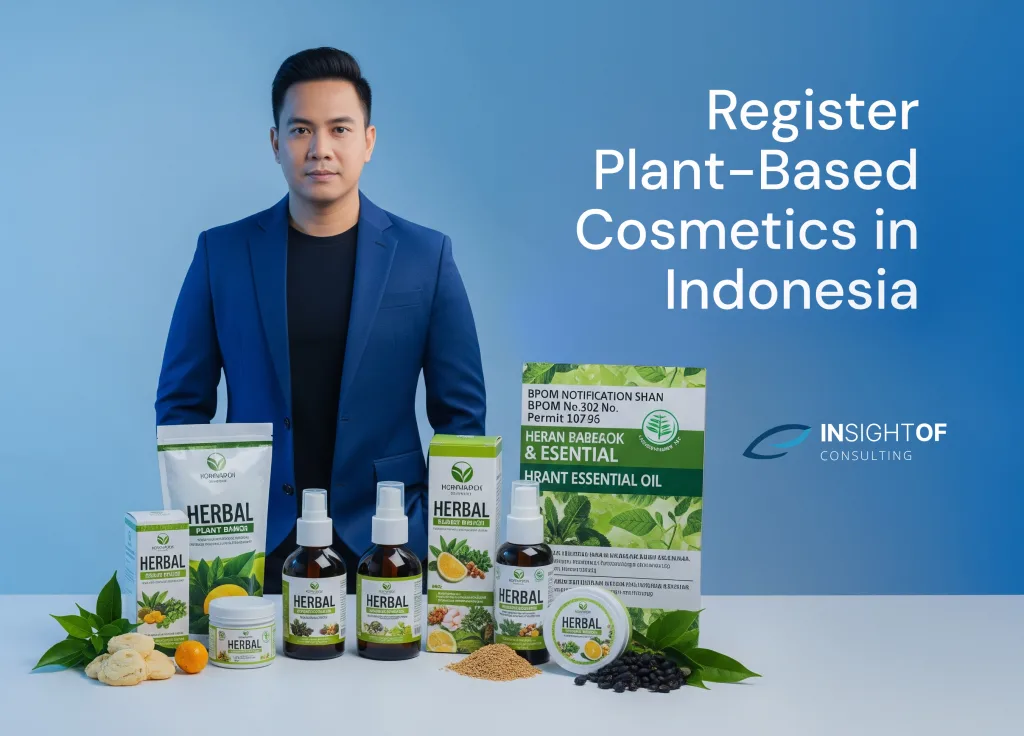
Foreign skincare brands using herbal extracts, essential oils or vegan formulas should note that Indonesia treats these as ordinary cosmetics under law – not as traditional medicine. Every cosmetic product (regardless of being “natural” or plant-based) must be approved by Indonesia’s Food & Drug Authority (BPOM) before sale. In practice, this means obtaining a Nomor Izin Edar (distribution permit) via BPOM’s online notification system. The process involves a local Indonesian partner and submitting documents like a business license (NIB), product formula, packaging, safety tests, and labeling information. Importers also need specific papers. For example, products from outside ASEAN must include a Certificate of Free Sale and a foreign GMP certificate.
BPOM Registration for Imported Cosmetics
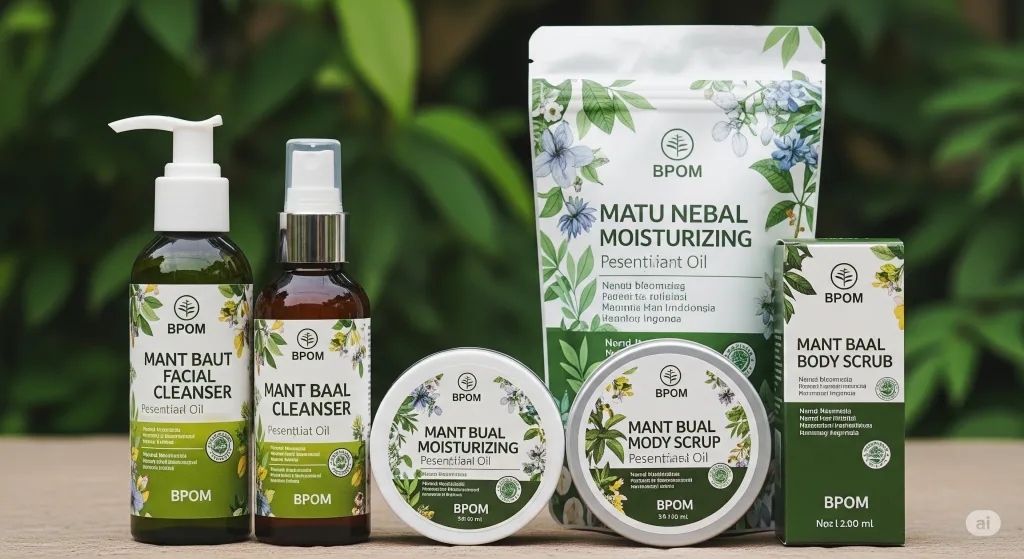
Under Indonesian law, all cosmetics – local or imported – require BPOM approval before entering the market. The law explicitly mandates that “every cosmetic product distributed in Indonesia must undergo a notification process and obtain a Distribution Permit from BPOM”. In other words, you cannot legally sell a plant-based facial oil or a vegan moisturizer in Indonesia without a BPOM number on the label.
Foreign brands must partner with an Indonesian distributor or “Notification applicant” who holds a BPOM account. The importer needs to submit paperwork such as an Agency Appointment Letter and an Authorization Letter (to prove the partnership), plus a Free Sale Certificate (for non-ASEAN imports) and a GMP certificate for the overseas manufacturer. BPOM then reviews the product dossier. If all is well, they issue a Distribution Permit Number (NIEBPOM) valid for three years. Note that each product variant (e.g. each color or size) is treated separately. The entire registration can take a few weeks to months, so it’s wise to start early.
Key compliance steps include:
- Register your company on BPOM’s Notifkos portal and verify your data.
- Prepare product documentation (ingredients, safety tests, label art, etc.).
- Upload importer documents (NIB, licenses, free sale, GMP).
- Pay the notification fee (higher for non-ASEAN imports).
- Wait for BPOM to review and issue the NIE (distribution permit).
Failure to comply has real risks: BPOM regularly seizes unregistered cosmetics (often illegal imports found online) as hazardous. A BPOM permit not only ensures legality but also signals to Indonesian consumers that your product passed safety checks.
Plant-Based Ingredients: Safety Data and Claims
Even though your product is “herbal” or “vegan,” BPOM treats its ingredients the same way as any cosmetic raw material. If your formula uses a new plant extract or essential oil not yet recognized in Indonesia’s cosmetic ingredient database, you may need to supply extra safety data. BPOM has specific guidelines for assessing botanical ingredients (the Pedoman Penilaian Keamanan Bahan Baku Tumbuhan untuk Kosmetika). In practice, this means submitting toxicology or efficacy data for those botanical raw materials. (One recent draft rule requires all plant-based ingredients to meet these assessment criteria before approval.)
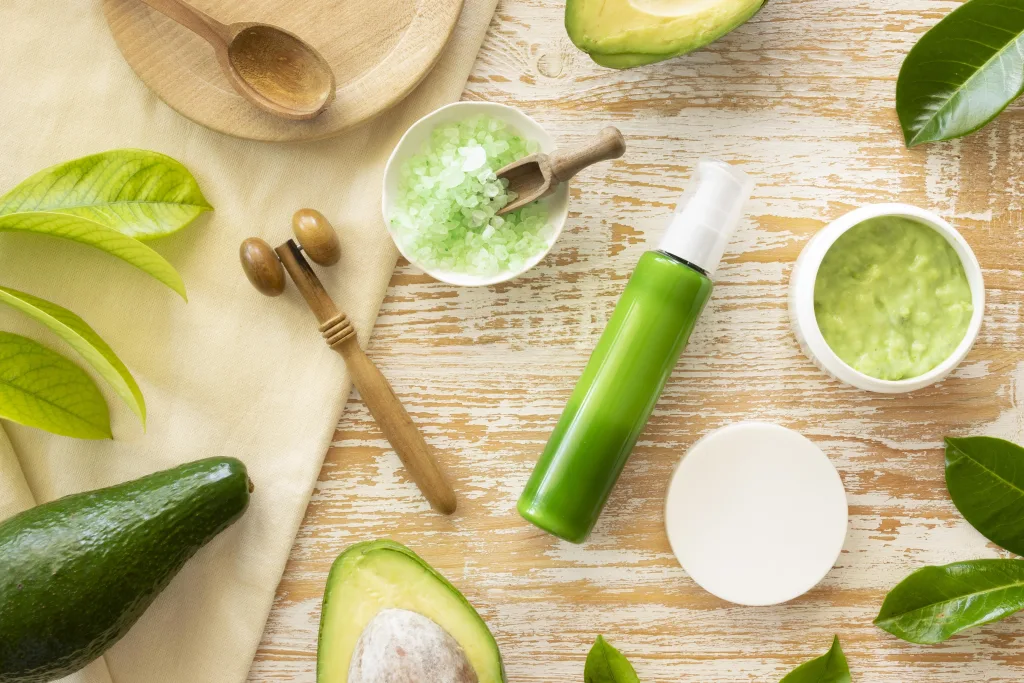
For many common herbal actives (e.g. aloe, green tea, chamomile, etc.), Indonesia’s “NOTIFKOS” system already lists them as allowable. That means if you use standard natural extracts and can show standard safety tests (irritation, stability, etc.), you can register under the regular notification process. However, you cannot claim medicinal benefits (like “heals eczema” or “treats acne”) unless you register the product as a traditional medicine (Obat Herbal) under a separate BPOM regime. Stick to beauty/skincare claims and BPOM will consider it a cosmetic.
In short, plant-based cosmetics have no special exemption. They must be registered like any other cosmetic, with all required quality/safety documentation. If you emphasize unique botanical claims, be prepared to back them up with data (per the BPOM guidelines) and clearly label only safe concentrations.
Mandatory Halal Certification
Indonesia has a Muslim-majority population, and its Halal Product Assurance law (UU No.33/2014) is strictly enforced. This law was recently updated by Government Regulation (PP) No.42/2024, making halal certification mandatory for cosmetics by October 17, 2026. In practical terms, this means any imported plant-based beauty product intended for sale in Indonesia should obtain a halal certificate from BPJPH/MUI before that deadline. After Oct 2026, no cosmetic can be legally circulated in Indonesia without it.
According to BPJPH officials, even though the deadline is 2026, many brands are rushing to certify their cosmetics early. BPJPH reports that thousands of imported beauty products already have MUI halal stamps (over 7,500 as of mid-2025). A halal label reassures consumers, and it will soon be compulsory. Importantly, you may not use a “halal” logo on your packaging unless you have the official certificate. The new BPOM Cosmetic Labeling Regulation (Peraturan BPOM 18/2024) explicitly states that the halal mark can only appear after government-issued certification. In other words, plan ahead to engage a halal certifier (MUI LPPOM) to audit your ingredient list and production chain.

Key points for halal:
- Cosmetics become mandatory halal-certified by 17 Oct 2026.
- You cannot claim “halal” on labels or in marketing until BPJPH/MUI certification is granted.
- Even pre-2026, many Muslim consumers prefer halal-labeled products, so certification can be a competitive edge.
Labeling and Claim Guidelines
Indonesia has detailed rules on cosmetic labels and claims. All product labels must be in Indonesian language and follow BPOM format rules (BPOM Regulation 18/2024). This includes listing ingredients (with INCI names), net contents, usage instructions, manufacturer info, and the BPOM number. Also, new barcode rules require a 2D code on packaging, but this mainly helps BPOM track products and isn’t specific to plant-based brands.
If you want to market your product as “organic,” “natural,” or “vegan,” be cautious: Indonesian law does not recognize these terms as certified categories for cosmetics. You can say something like “dermatologically tested” or “plant-derived,” but any implied claim must be truthful. For example, if you label something “vegan” (meaning no animal-derived ingredients), Indonesian authorities expect proof. In the food regulations (by analogy), BPOM requires DNA testing to back up a vegan logo. It’s wise to have independent lab analysis confirming “no animal components” and to keep that on file in case of inspection.
Similarly, you cannot advertise unproven medical benefits. Calling a lotion “herbal” or “natural” is generally allowed if its ingredients are indeed botanical, but avoid implying it cures or prevents disease. (Otherwise it might be reclassified as a drug or herbal medicine, with much stricter rules.) If you do use the term “herbal” in branding, make sure it doesn’t blur the line into a medicinal claim.
In summary, treat labeling conservatively. Follow the BPOM labeling checklists, be prepared to show documentation for any claims like “vegan,” and remember you cannot label your product with halal or other religious marks without the certificate.
What This Means for Foreign Brands
For a foreign plant-based cosmetics brand eyeing Indonesia: start planning early. Ensure you have a commercial agent or distributor in Indonesia with a proper business license (NIB). Collect all the paperwork – formulas, supplier certifications, free sale document and GMP certificate from your country, etc. Register on BPOM’s cosmetics portal and submit each product for notification. At the same time, if you want to target Muslim consumers (which is a huge market in Indonesia), begin the halal certification process by compiling ingredient sourcing and production evidence for MUI’s auditors.
In short: Yes – your imported natural or vegan skincare must be BPOM-registered to be sold in Indonesia. And by law, it will need an official Halal certificate by late 2026 (so don’t label anything “halal” until you have it). Fulfilling these requirements is key to a successful market entry.
